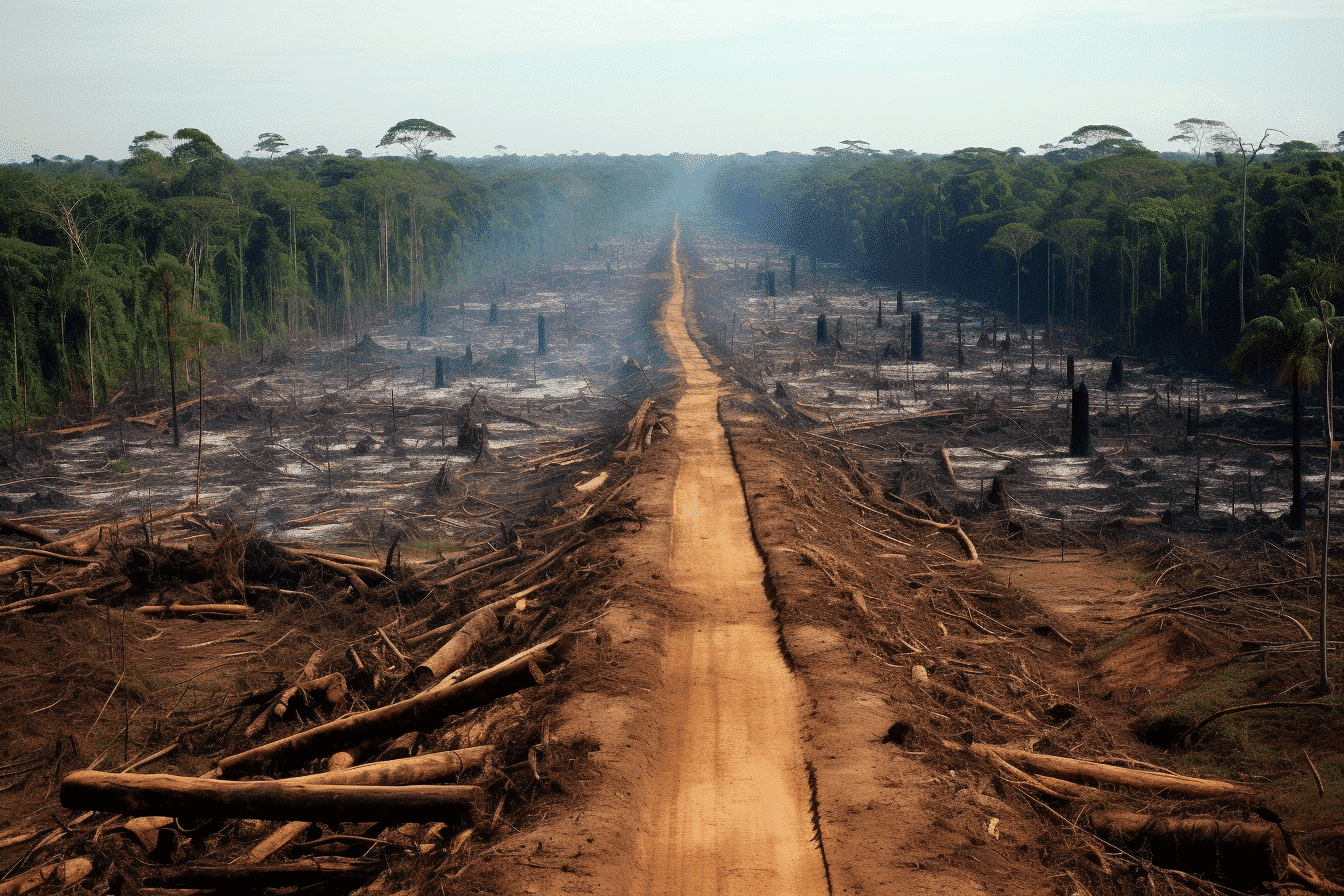Eight nations of South America couldn’t reach a unanimous decision to combat the urgent issue of Amazon deforestation during a pivotal summit in Brazil on Tuesday. The inability to form a consensus comes at a critical juncture, considering Amazon’s significance in mitigating the global climate emergency.
This marked the first time in over a decade that member countries of the Amazon Cooperation Treaty Organization (ACTO) convened, aiming to set definitive milestones for preserving the crucial rainforest.
Brazil’s President, Luiz Inacio Lula da Silva, has been at the forefront, rallying for a regional consensus to end deforestation by 2030. He has also pledged Brazil’s commitment to achieving zero deforestation.
However, under the leadership of his predecessor, Jair Bolsonaro, the Brazilian Amazon saw a surge in deforestation. Some experts caution that the Amazon could be nearing a dangerous threshold, which might transform it into a vast grassland, posing serious repercussions for biodiversity and the global climate.
Reflecting on the hiatus, Lula da Silva noted in his inaugural address at Belém, “After a 14-year gap, we convene here in Pará, especially at a time when the climate situation has aggravated. We must reignite and intensify our collaboration. Our times demand collective actions.”
While a unanimous decision on deforestation remained elusive, leaders from Brazil, Colombia, Peru, Bolivia, Ecuador, Venezuela, Guyana, and Suriname did endorse a set of environmental initiatives named the “Declaration of Belém.” This 113-point cooperative agenda proposes the establishment of the “Amazon Alliance to Fight Deforestation among States Parties,” which intends to thwart the Amazon from hitting a detrimental point of no return.
The alliance emphasizes adherence to national objectives, which include achieving zero deforestation by curbing illicit logging activities and reinforcing forest-related legislation.
Despite these measures, the inability to achieve a collective policy on Amazon’s deforestation remains alarming. The Amazon ecosystem houses a diverse range of flora and fauna. Given its massive carbon storage capacity and influence on worldwide weather patterns, it plays a pivotal role in global climate regulation.
CNN Brasil reported that Guyana, Suriname, and Bolivia abstained from agreeing on a target. Recent figures from Brazil’s National Institute for Space Research reveal a 70% increase in deforestation during Bolsonaro’s tenure from 2018-2021. Furthermore, approximately three-quarters of the rainforest appears to be losing resilience, displaying diminished recuperative abilities from adversities such as droughts and logging.
Alarming data indicates that some regions of the Amazon now release more carbon dioxide than they capture, exacerbating global warming. If the Amazon’s conservation is not prioritized, achieving the global warming threshold of 1.5 degrees Celsius above pre-industrial levels becomes an uphill task.
Earlier in the week, Colombia endorsed an indigenous-led initiative to conserve 80% of the Amazon by 2025. Colombian Environment Minister Susana Muhamad urged all ACTO members to rally behind the “Amazonia for Life 80% by 2025” drive.
On a hopeful note, preliminary figures from Brazil’s National Institute for Space Research indicate a 66% drop in Amazon deforestation last month compared to July 2022, marking its lowest rate in the past six years. However, the Amazon’s fragility remains a grave concern.
The Amazon rainforest stands as a symbol of nature’s grandeur and a testament to Earth’s ecological balance. As international discourse shifts towards global conservation, the imperative lies with the nations that house these resources and the worldwide community at large. The decisions made today will define the legacy left for future generations, and the health of the Amazon is central to this narrative. The recent summit, while showing fragments of progress, serves as a stark reminder of the collaborative urgency required to secure a sustainable future.




